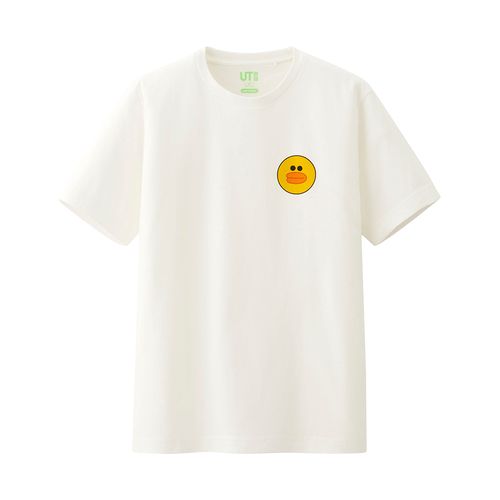When choosing fabrics for winter clothes, we first need to consider the warmth function. Here are some common thermal fabric options:
1. Wool: Wool is a premium thermal fabric known for its good thermal properties. Wool can effectively keep the body warm and has good moisture permeability, which can eliminate sweat and keep you dry. In addition, wool is mildew-resistant, antibacterial, and skin-friendly.
2. Velvet fabric: Velvet fabric is a very popular winter warm fabric, such as velvet, velvet fabric, etc. These fabrics are usually made of cotton, wool or synthetic fibers and are soft, lightweight and warm. Velvet fabric can effectively isolate the cold outside air, while also retaining body heat, giving people a warm feeling.
3. Cashmere: Cashmere is a luxurious warm fabric made from goat’s down. It has excellent thermal insulation properties and a soft and comfortable touch. Cashmere has a high fabric density and can effectively store heat and keep you warm. It is one of the common high-end fabrics in winter.
4. Velvet liner cloth: Velvet liner cloth, also called velvet liner cloth, is a multi-layer structure fabric, usually made of polyester, nylon Made of synthetic fibers. This kind of fabric uses a special flannel technology to form a large number of air holes inside the fabric to enhance the thermal insulation performance of the fabric. Velvet lining fabric has the characteristics of warmth, breathability and lightness, and is often used in down jackets, jackets and other categories.
5. Down cloth: Down cloth is a surface-processed fabric that is often used in conjunction with down filling materials. It has high density and wind-blocking properties, which can effectively resist cold wind and allow moisture to pass through the small gaps between the fabrics. Down fabric has a loose structure and can provide some extra warmth.
In addition to the thermal fabrics mentioned above, there are some other thermal fabric options, such as thick terry fabrics, microcapsule composite materials, etc. In short, when choosing winter clothing fabrics, we should consider factors such as the fabric’s thermal insulation properties, moisture permeability and perspiration capabilities, softness and comfort to ensure that we stay warm in the cold winter.








